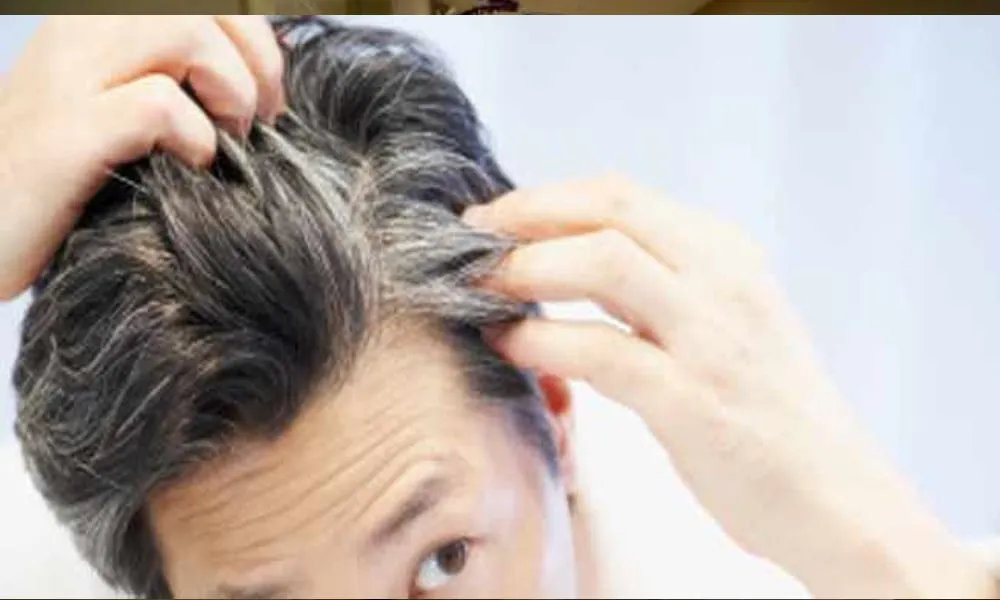Understand Hair Whitening
Hair whitening, often perceived as an inevitable part of aging, is a complex process influenced by various factors. It occurs when the pigment-producing cells, called melanocytes, in hair follicles gradually decrease their melanin production. Melanin is the pigment responsible for giving hair its color. As melanin production slows or stops, the hair strands lose their color and turn gray or white. While genetics play a significant role, lifestyle and environmental factors can also influence the timing and extent of hair whitening. Understanding these underlying mechanisms is the first step in exploring potential preventative measures.
Causes of Hair Whitening
Several factors contribute to hair whitening, including both internal and external influences. Identifying these causes is crucial for developing effective strategies to slow down or prevent the process. While some causes are beyond our control, awareness empowers us to make informed choices that may positively impact hair health and color retention. It is important to remember that everyone’s experience with hair whitening is unique, and a combination of factors often determines the rate and pattern of graying.
Genetics and Hair Whitening
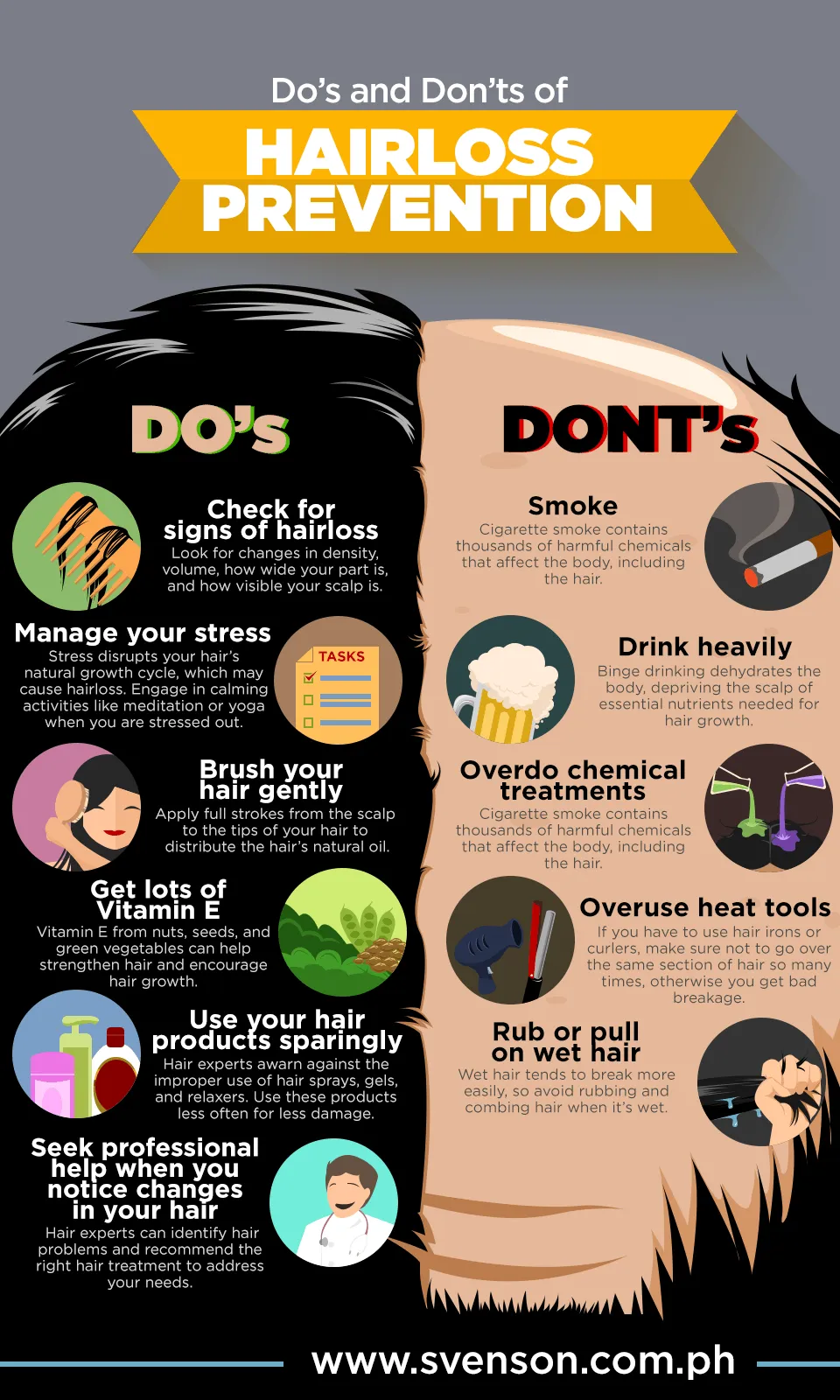
Genetics is a primary determinant in hair whitening. If your parents or grandparents experienced early graying, you are more likely to follow a similar pattern. The age at which graying begins, the rate at which it progresses, and the distribution of gray hairs can often be predicted based on family history. While you cannot change your genes, understanding this genetic predisposition can help you be proactive. Regular monitoring of your hair’s condition and adopting preventative measures earlier rather than later can be beneficial. There is ongoing research to identify specific genes involved in hair pigmentation and graying.
Lifestyle Factors
Beyond genetics, lifestyle choices significantly affect hair health and the onset of hair whitening. Poor diet, high stress levels, smoking, and exposure to environmental pollutants can accelerate the graying process. A diet lacking essential nutrients such as vitamins B12, D, and iron, is linked to premature hair whitening. Similarly, chronic stress can disrupt the normal functioning of melanocytes. Smoking introduces toxins that damage hair follicles and hasten the aging process. Making positive lifestyle changes can help mitigate these effects and promote healthier hair. Addressing these factors is essential for a comprehensive approach to hair care.
Top 5 Tips to Avoid Hair Whitening
While it’s impossible to completely stop hair whitening, several strategies can help slow down the process and maintain your natural hair color for longer. These tips focus on addressing modifiable factors and promoting overall hair health. Incorporating these practices into your daily routine can make a noticeable difference in the appearance and vitality of your hair. Remember, consistency is key, and the earlier you start implementing these tips, the better the potential results.
Eat a Nutrient-Rich Diet
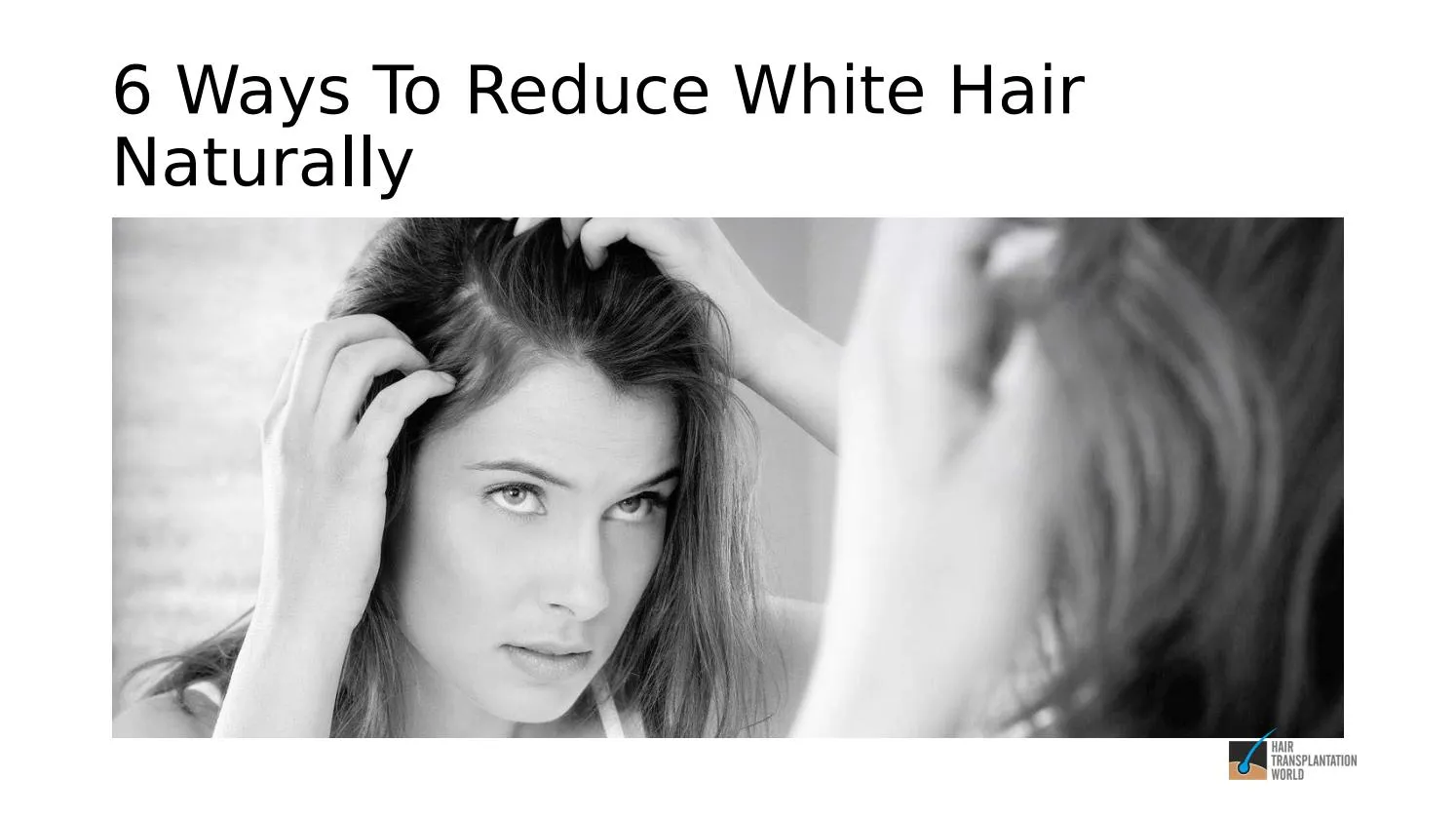
A balanced diet rich in vitamins, minerals, and antioxidants is crucial for hair health. Include foods high in antioxidants, such as berries and leafy greens, to combat oxidative stress that can damage hair follicles. Ensure you’re getting enough iron, vitamin B12, and copper, which are essential for melanin production. A varied diet also supports overall health, which in turn benefits your hair. Consider consulting a nutritionist or dietitian to create a personalized meal plan that meets your specific needs and supports healthy hair growth.
Manage Stress Effectively
Chronic stress can lead to premature hair whitening. Find healthy ways to manage stress, such as yoga, meditation, or regular exercise. These activities can help regulate your body’s stress hormones and promote overall well-being. Consider incorporating mindfulness practices into your daily routine to reduce stress levels. Creating a calm and balanced environment will not only benefit your mental health but also support your hair’s natural color. Techniques such as deep breathing exercises and spending time in nature can also be beneficial.
Protect Your Hair From Sun Damage
Just like your skin, your hair is susceptible to damage from the sun’s UV rays. Overexposure can lead to dryness, brittleness, and accelerated graying. Wear a hat or use hair products with UV protection when spending time outdoors. These simple precautions can shield your hair from harmful rays and maintain its color. Applying a leave-in conditioner with UV protection can provide an extra layer of defense. Protecting your hair is just as important as protecting your skin from sun exposure, and it’s a step that often gets overlooked.
Quit Smoking
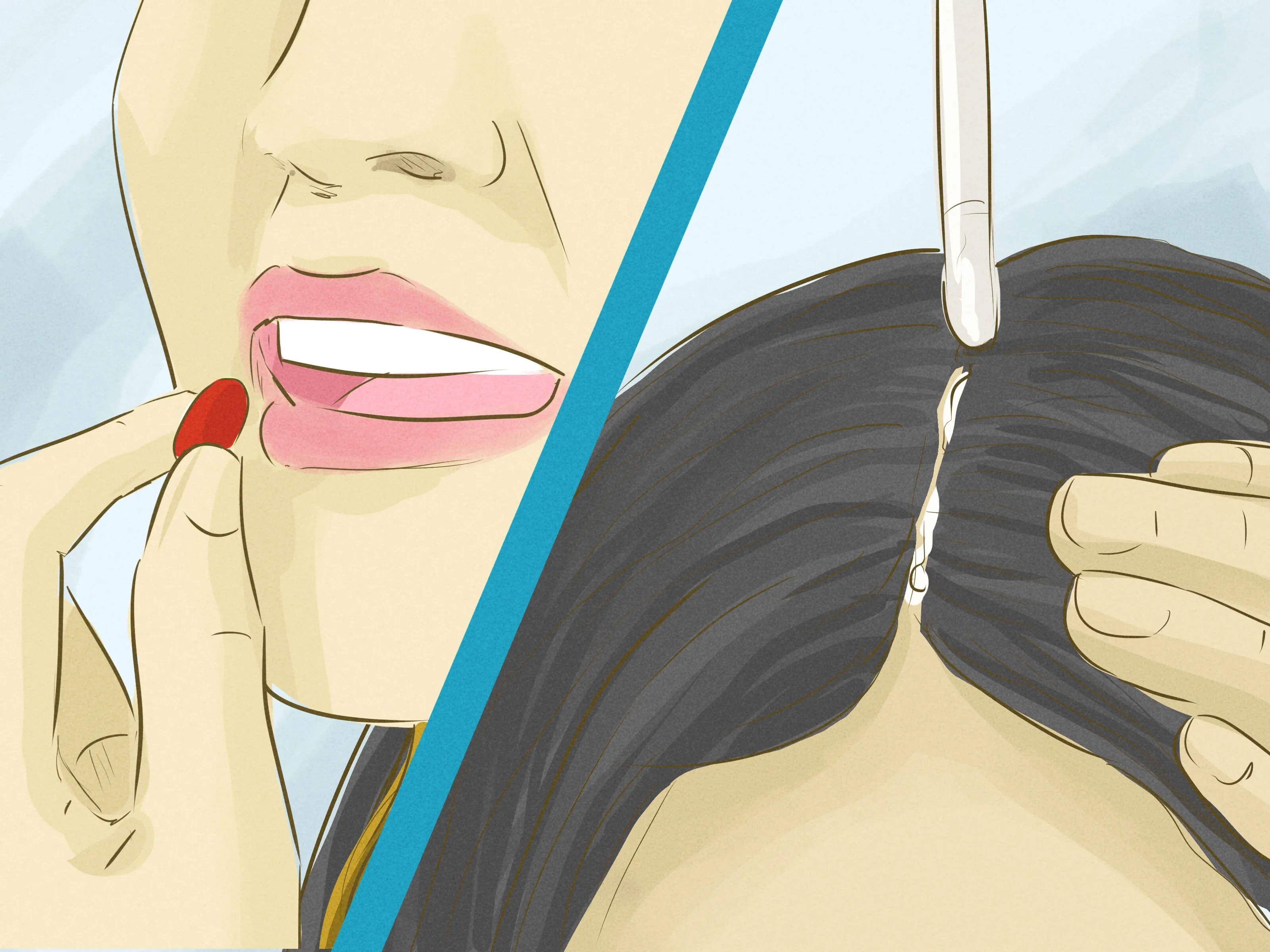
Smoking introduces harmful toxins into the body that can damage hair follicles and accelerate the aging process, including hair whitening. Quitting smoking is one of the best things you can do for your overall health, including your hair. If you smoke, consider seeking support through nicotine replacement therapy, counseling, or support groups. Reducing or eliminating smoking can make a significant positive impact on your hair health. The benefits of quitting smoking extend far beyond your hair color, contributing to overall well-being.
Consider Supplements
Certain supplements may help support hair health and potentially slow down hair whitening. Research the right supplements that will meet your hair needs. Always consult with a healthcare professional before starting any new supplements. They can assess your individual needs and recommend the appropriate dosages. Supplements are most effective when used in conjunction with a healthy diet and lifestyle. Consider incorporating supplements that are known to benefit hair health.
Best Supplements for Hair Health
Several supplements are often recommended for hair health. Biotin, also known as vitamin B7, can improve hair strength and growth. Antioxidants like vitamin C and E may protect hair from damage. Other options include omega-3 fatty acids, which nourish the scalp, and iron, which supports melanin production. Research the best supplements that meet your specific needs and consult with a healthcare professional to determine the correct dosages for you. Keep in mind that the effectiveness of supplements can vary from person to person, and a balanced diet is always the foundation for optimal health.
Other Helpful Tips
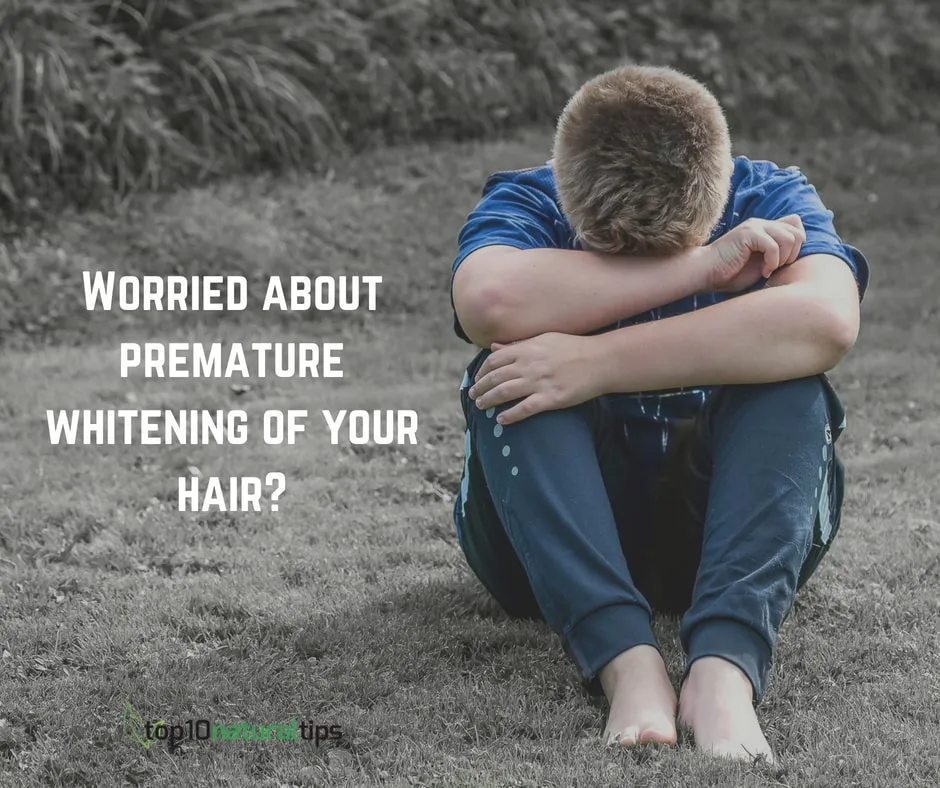
In addition to the main tips, several other practices can contribute to healthier hair and potentially slow down hair whitening. These suggestions focus on promoting overall hair health and minimizing damage. Incorporating these habits into your routine, along with the strategies mentioned earlier, can support your hair’s natural color and vitality.
Regular Scalp Massage
Regular scalp massage can improve blood circulation to the hair follicles, promoting hair growth and potentially stimulating melanin production. Use your fingertips to gently massage your scalp in circular motions for several minutes each day. This practice can also help reduce stress and improve overall scalp health. You can incorporate scalp massage while washing your hair or applying hair oils. Consistent scalp massage is a simple yet effective way to support healthy hair.
Use Gentle Hair Products
Harsh chemicals in hair products, such as sulfates and parabens, can damage hair follicles and potentially contribute to hair whitening. Opt for gentle, sulfate-free shampoos and conditioners. Look for products that are specifically designed to nourish and protect your hair. Minimizing the use of heat styling tools, such as hair dryers and straighteners, can also help preserve your hair’s health and color. Being mindful of the products you use is essential for maintaining healthy, vibrant hair.
Conclusion
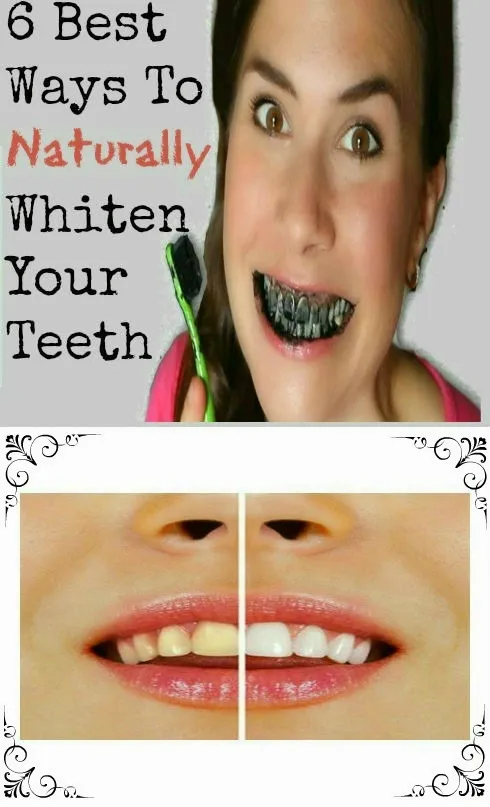
While the complete prevention of hair whitening may not be possible, implementing the tips discussed can significantly slow down the process and help maintain your natural hair color for longer. By understanding the causes of hair whitening, focusing on a nutrient-rich diet, managing stress, protecting your hair from sun damage, quitting smoking, and considering supplements, you can take proactive steps towards healthier, more vibrant hair. Remember that consistency and patience are key. Consult with a healthcare professional or a dermatologist for personalized advice and support in your hair care journey. Embrace a holistic approach that considers both internal and external factors to achieve the best results.
